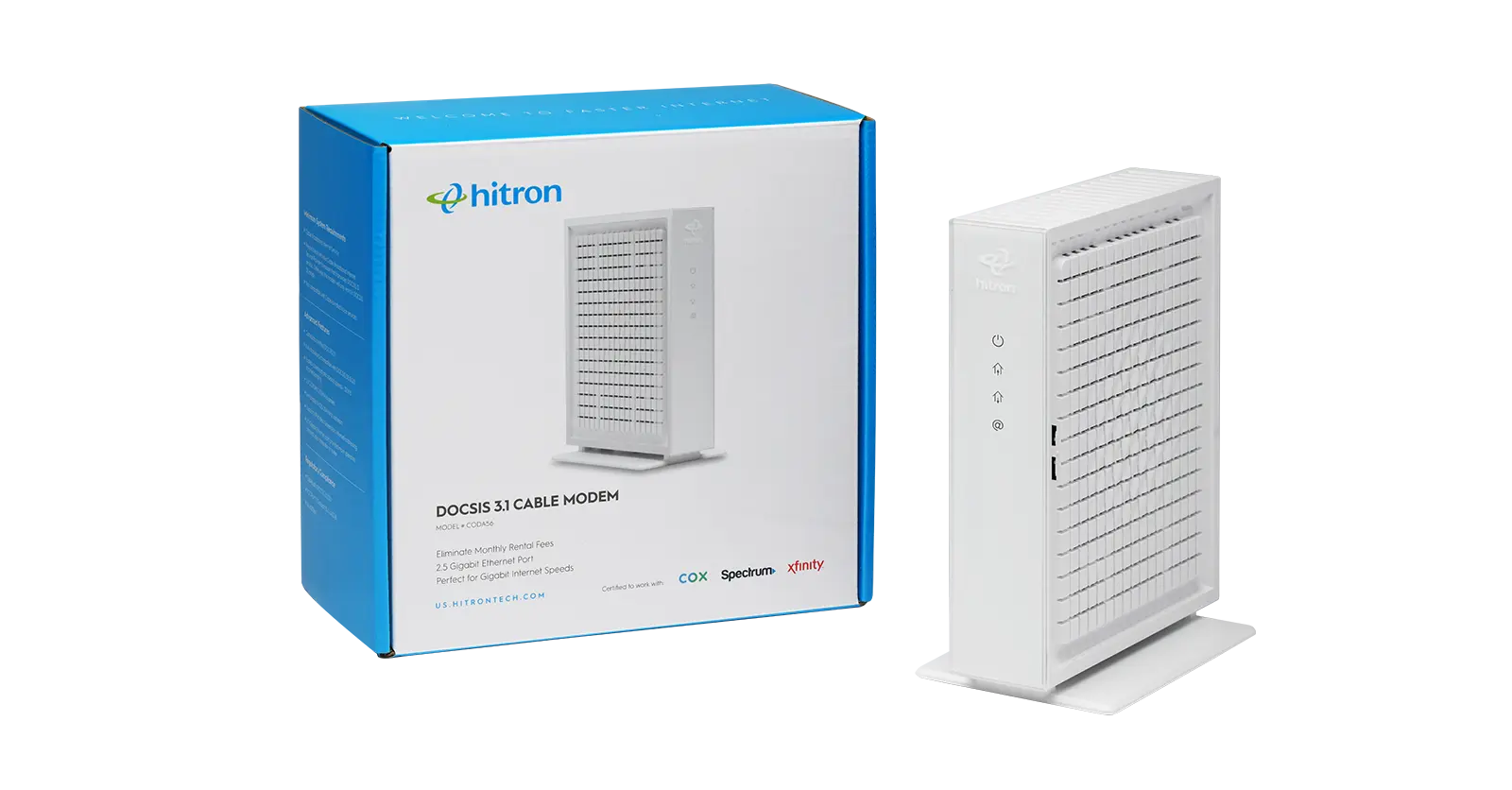Having a better understanding about modems, routers and gateways, what these devices are and how they work, will help you decide which you need and what kind of Internet connection you will have (wired or wireless).
Here’s what you need to know:
Modem
A modem is a wired device that connects with an Internet service provider (ISP). This is the device that gets you an Internet connection. There are a few types of modems: analog modems (dial-up), digital subscriber line (DSL) or cable modems. Typically, your Internet Service Provider (ISP) lease modems to their subscribers, that can come with some added benefits. The option to buy or purchase your own modem can save you monthly rental fees (sometimes up to $150 per year* depending on your current rental fees), however, you need to ensure you are purchasing a modem that is certified to operate on your ISP’s network.
Router
A router is a device that receives data from an ISP through a modem and translates it to a WiFi signal for wireless devices. A router is the central hub of your home network and connects your devices to direct and control your Internet traffic using WiFi and Ethernet. Routers can be both wired or wireless options. Routers help to prevent network congestion by routing your device traffic through the best path, in addition to providing firewall security that prevents malicious attacks on your network, among other duties.
Gateway / Modem Router
A gateway or modem router is a hybrid or combination device that combines the function of a modem and a router into one box. It performs the function of both a modem and a router, giving you the simplicity of needing only one device. With a combo modem router, it’s important to get the features you need.
When to Choose Which?
All three of these devices have similar purposes. However, they are not all standalone devices. If you want wireless Internet in your home, you need either a modem plus a router, or a gateway. Here’s how they work:
Modem on its own = You can get a wired Internet connection.
Modem + router = You can get wireless Internet (WiFi) connection. The modem communicates with the ISP for an Internet connection. The separate router communicates with the modem to receive the connection data and turn it into a WiFi signal for wireless devices.
Gateway on its own: You get wireless Internet (WiFi) connection. You get the benefit of an all-in-one device. The gateway (or modem router combo) communicates with an ISP, receives data, sends it to its router to translate and distribute to your wireless (WiFi) devices.
Modem vs Router vs Gateway some final words
The best setup for your home network depends on your needs, however, you will get benefits from either combination mentioned above. There are advantages to a modem and router setup and a gateway setup. The top reason you might want a gateway instead of separate modem and router are to gain elevated network security. Read more about the pros and cons here.
Hitron’s CODA DOCSIS 3.1 Cable Modem is available on Amazon, The CODA has DOCSIS 3.1 to deliver the fastest Multi-Gigabit speeds to your connected devices. To learn more about cable modems or cable modem routers, check out Hitron’s Learn Page.
